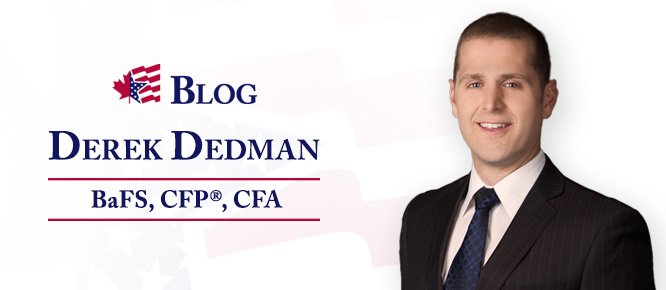There is no question that investment management is an important part of the success for any individual’s financial plan. Many individuals depend on their investments for financial security and to fund their lives’ most important goals and dreams. There has been much attention in the past years on the performance of investment managers, with a focus on questioning just how effective most are. This focus has created much debate over the value of active management, with much research showing just how unsuccessful most active investment managers have been at beating the market. However compelling these findings may be, it unfortunately only perpetuates a debate that takes focus away from what really matters.
Charles Ellis, one of the most influential thinkers in the investment world, refers to this as having a falsely defined mission. Ellis’ 2011 article entitled, “The Winners’ Game” published in the Financial Analyst Journal, helped define my approach to investment management. In this piece, Ellis refers to some major errors that are plaguing the wealth management profession, the first of which is that we have falsely defined our professional mission to our clients as beating the market. This takes focus away from what really matters, the client, and their specific situation. As Ellis states, we need to redefine the mission.
With ever more complexity in the marketplace, clients need effective wealth managers more than ever. Ellis correctly points out that the job of an effective investment counselor is to help clients manage and understand risk, be realistic about saving and spending, select the appropriate asset classes, allocate their assets appropriately, manage for tax efficiency, and not overreact to market highs or lows.
In the world of Cross Border Financial Planning, we as wealth managers have even more opportunity to look well past trying to beat the market and add great value in effectively managing the complete financial picture. With the added complexities of dealing with two differing tax regimes, two security market landscapes, and managing the transition between two fluctuating currencies; the value in working with a team that possesses specialized expertise is evident. When considering a move to the US, it is important to consider how your investment portfolio should be handled, both during the transition and once settled in your new country of residence. It may make sense to transfer all assets to US accounts and this could mean liquidating registered assets. This of course leads to tax consequences, but may also lead to tax planning opportunities. Conversely, it may be more advantageous to leave registered assets in Canada, which of course means having investment accounts domiciled in two jurisdictions, further highlighting the importance of dealing with a firm that understands how things work and interact on both sides of the border.
Whether investing in the US, Canada or both, the fundamentals of prudent investment management will certainly always apply; asset allocation, appropriate geographical and sector diversification, risk management and efficient cost control. However, when you add in the complexity of a cross border transition, you add another necessary component of investment success. Stay tuned to future blog posts for a more in-depth look at some of the challenges and opportunities for cross border clients and their investments.

